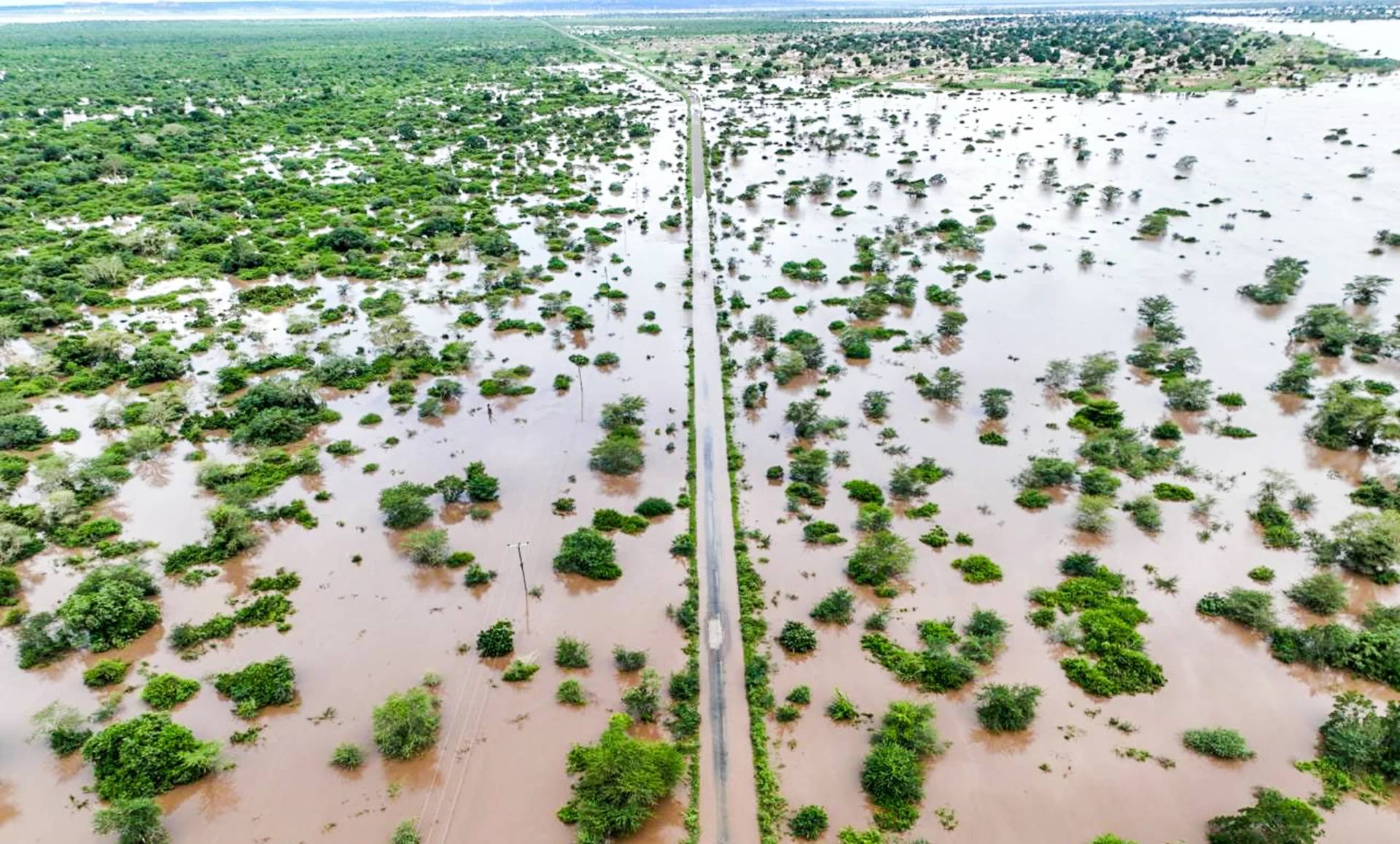YAOUNDÉ, Cameroon – Unveiled in Rome, a Vatican-backed report advocates for a radical reform of the global financial system, claiming its debt mechanisms harm Africa and developing nations.
The Jubilee Report was compiled by around thirty leading economists specializing in debt, development, and global finance.
They were convened by the late Pope Francis to form the Jubilee Commission for 2025, established 25 years after Pope John Paul II’s advocacy for Heavily Indebted Poor Countries (HIPC) debt relief, which resulted in major debt reductions for poor countries.
The report argues the system is unfair and unjust, favoring creditors at the expense of debtors. It highlights that debt-distressed nations must sacrifice vital investments — education, healthcare, infrastructure, climate resilience — to pay external creditors, questioning national sovereignty and potentially delegitimizing politics when policies serve finance over development.
Debt as a percentage of GDP has hit Africa particularly hard, with the report noting it’s the only region where public debt growth has outpaced GDP since 2013. Approximately 57 percent of Africans live in countries spending more on external debt service than on education or healthcare. That’s 751 million people, of whom nearly 288 million live in extreme poverty.
This pattern extends globally: 3.3 billion people are in countries prioritizing debt interest over health, and 2.1 billion are in countries doing the same for education. As the report states, “Interest payments… are crowding out critical investments in health, education, infrastructure, and climate resilience.”
“Every single country on this continent has been unable to develop because most of their money is going for debt,” said Johan Viljoen, Director of the Denis Hurley Peace Institute of the South Africa Bishops’ Conference.
“Some African countries pay more interest than their entire gross national product. Something is seriously wrong,” he told Crux.
The report asserts that such crushing debt lacks moral justification, especially considering the legacies of slavery, colonialism, and anti-Black racism. It notes that the high levels of poverty and underdevelopment in Africa challenge the world’s commitment to universal human rights and anti-racism.
The report also faults debtor governments for irresponsible borrowing — taking on too much debt at high rates and short maturities, failing to regulate speculative flows, prioritizing the short term, and now shying away from international efforts needed to shield citizens from creditors’ excessive demands.
It further blames creditor nations for lending excessive amounts despite knowing the high risk of default, and now refusing to provide the relief required for sustainable debt levels.
International financial institutions are also criticized for enabling this behavior. The report adds that chronic borrowing has been worsened by climate change, forcing countries to borrow more to deal with disasters like floods, droughts, and crop failures.
Viljoen described the international financial system as colonialism’s legacy, skewed against Africa.
“The whole system is based on the remains of colonialism… Western countries took over African nations, enslaved populations, exploited minerals, and built their wealth on that,” he said.
“The global financial system… is designed… to keep the poor countries poorer and the rich richer, and the billionaires even richer… It’s designed to keep the poor in subjugation and make the rich wealthier. That’s why it needs to be overhauled,” he explained.
The escalating debt burden, the report finds, harms human development in both the short and long term, causing poverty, malnutrition, and joblessness.
“Vulnerable families are more likely to break down… Human and physical capital deteriorates, undermining long-term development prospects and deepening social fractures,” it warns.
What solutions?
Urgent debt relief, restructuring, and systemic reform are needed to make the international financial system fairer, more just, and aligned with human dignity, the report states.
The experts proposed a “Jubilee Fund” to allow countries to buy back debt cheaply, stopping it from falling into the hands of vulture funds.
The Jubilee Commission echoed the call for a fairer and more just system and urged debt cancellation or restructuring to prevent default.
Viljoen said he believes the current global financial architecture must be entirely dismantled and rebuilt to be fair and just.
“The whole thing needs to be restructured in a way that is just and equitable,” he explained to Crux.
He added that debt should not benefit corrupt leaders over ordinary people.
“So the debt has to be cancelled, but the countries have to be democratized… To extricate Africa from the crushing debt, get rid of the corrupt leaders and cancel the debt,” he told Crux.















